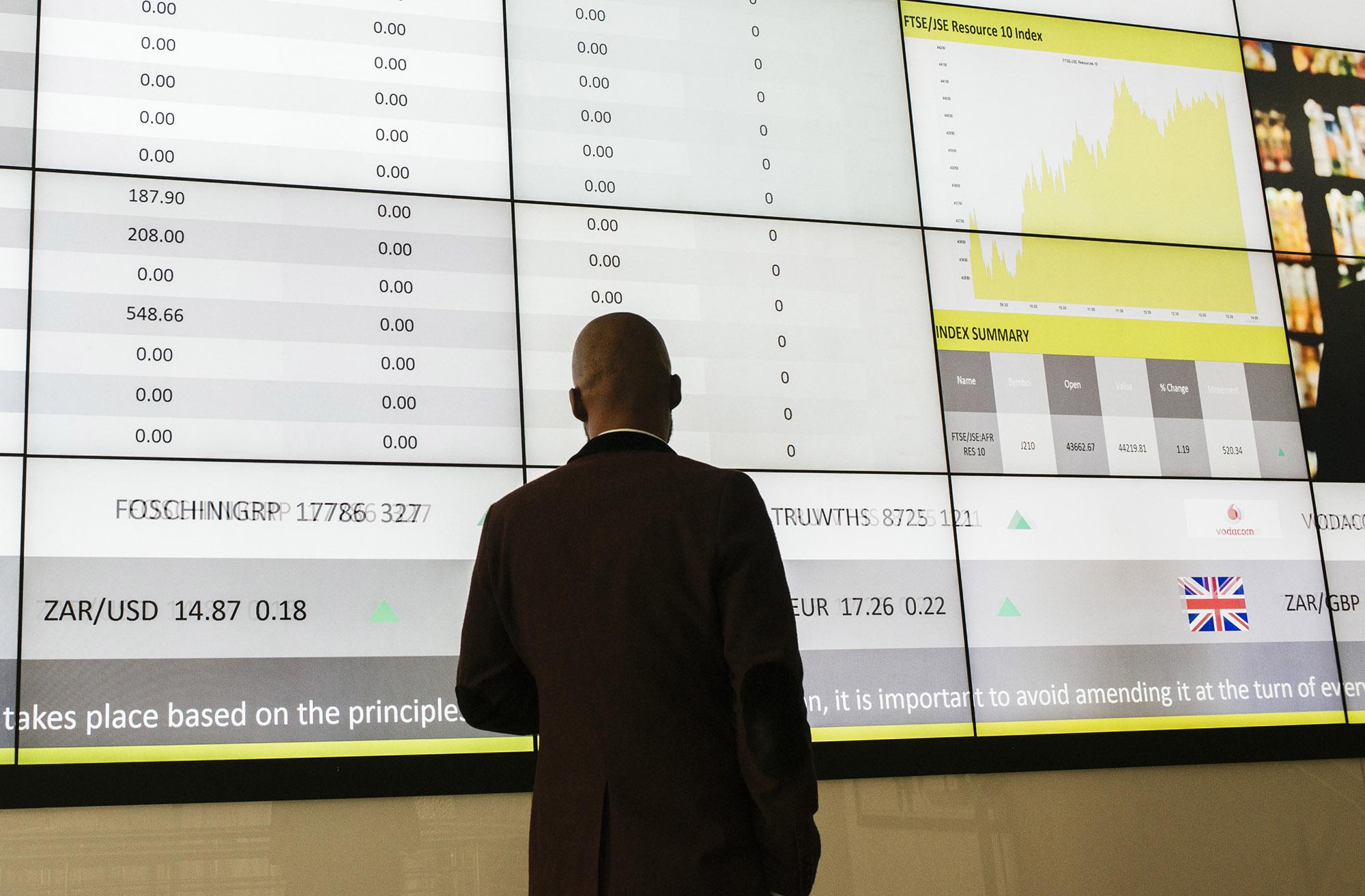Emerging Markets: Risks and Rewards for Investors

Introduction
Investing in emerging markets can be a rewarding experience, but it also comes with its fair share of risks. Emerging markets are often characterized by high growth rates, dynamic economies, and a large pool of investment opportunities. However, these markets are also prone to political and economic instability, currency volatility, and regulatory uncertainty.
In this article, we will explore the risks and rewards of investing in emerging markets, providing insights into the challenges and opportunities that come with this type of investment. We will also discuss the best practices for investors looking to take advantage of the opportunities in these markets.
Risks of Investing in Emerging Markets
Investing in emerging markets comes with a number of risks that investors should be aware of. These risks can include:
Political and Economic Instability
Political and economic instability can be a major risk for investors in emerging markets. Governments in these markets are often less stable and less predictable than those in developed markets, which can lead to changes in policy and regulation that can impact investments.
Currency Volatility
Currency volatility is a common risk for investors in emerging markets. Currencies in these markets are often more volatile than those in developed markets, which can make it difficult to manage currency exposure and can lead to significant losses if currency fluctuations are not anticipated.
Regulatory Uncertainty
Regulatory uncertainty is another risk for investors in emerging markets. Regulations in these markets are often less developed and more subject to change, which can make it difficult to understand and navigate the regulatory landscape. This can lead to increased risk and uncertainty for investors.
Limited Access to Information
Limited access to information is a risk for investors in emerging markets. Investors in these markets often have limited access to reliable and accurate information, which can make it difficult to make informed investment decisions.
Rewards of Investing in Emerging Markets
Despite the risks associated with investing in emerging markets, there are also significant rewards for investors who are willing to take on these risks. These rewards can include:
High Growth Potential
Emerging markets often have high growth potential, which can lead to significant returns for investors. The rapid growth of these markets can create opportunities for investors to take advantage of new investment opportunities and to capitalize on the growth of these markets.
Diversification Benefits
Investing in emerging markets can provide diversification benefits for investors. Emerging markets are often less correlated with developed markets, which can help to reduce the risk of a portfolio. This can be particularly important for investors who are looking to diversify their portfolio to reduce risk.
Access to New Investment Opportunities
Investing in emerging markets can provide access to new investment opportunities that are not available in developed markets. Emerging markets often offer investment opportunities that are not available in developed markets, which can provide investors with opportunities to take advantage of new investment opportunities.
Best Practices for Investing in Emerging Markets
To mitigate the risks associated with investing in emerging markets, investors should follow best practices to ensure that they are making informed investment decisions. These best practices include:
Conduct Thorough Research
Investors should conduct thorough research on emerging markets before investing. This can include researching the political and economic stability of the market, the currency volatility, and the regulatory environment.
Diversify Portfolios
Investors should diversify their portfolios to reduce risk. Emerging markets should be a small portion of a diversified portfolio, as they are often more volatile than developed markets.
Monitor Currency Exposure
Investors should monitor their currency exposure in emerging markets to manage currency risk. This can include using currency hedging strategies or using investments that are less sensitive to currency fluctuations.
Seek Professional Advice
Investors should seek professional advice from financial advisors or other investment professionals who have experience investing in emerging markets. This can help to ensure that investors are making informed investment decisions.
Conclusion
Investing in emerging markets can be a rewarding experience, but it also comes with its fair share of risks. Emerging markets are often characterized by high growth rates, dynamic economies, and a large pool of investment opportunities. However, these markets are also prone to political and economic instability, currency volatility, and regulatory uncertainty.
To mitigate the risks associated with investing in emerging markets, investors should follow best practices to ensure that they are making informed investment decisions. These best practices include conducting thorough research, diversifying portfolios, monitoring currency exposure, and seeking professional advice.
By following these best practices, investors can take advantage of the opportunities in emerging markets while minimizing the risks associated with these markets.
emerging market investing risksemerging market investing rewardsemerging market investing best practicespolitical instability in emerging marketseconomic instability in emerging marketscurrency volatility in emerging marketsregulatory uncertainty in emerging marketslimited access to information in emerging marketshigh growth potential in emerging marketsdiversification benefits of emerging market investingaccess to new investment opportunities in emerging markets





